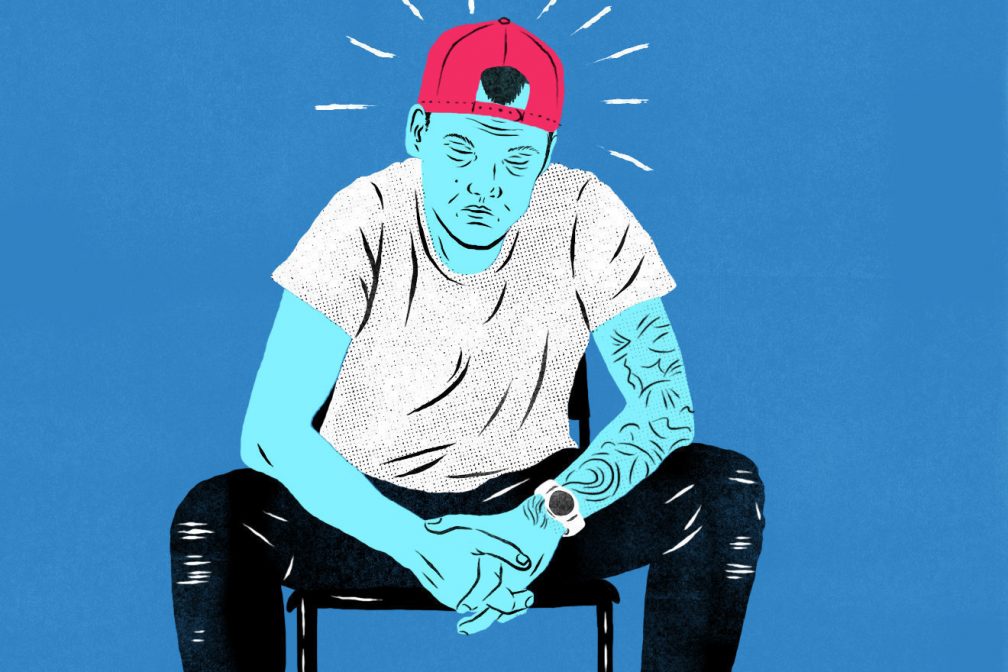
Fast and furious: Why Avicii had to retire
A cautionary tale for all DJs
For the sake of comparison, let’s consider Swedish House Mafia’s global One Last Tour. It saw the trio play 53 worldwide dates in 18 weeks, split over six logically-planned touring legs. One watch of the Leave The World Behind documentary that chronicled that journey shows a group that hit the skids in large part due to the pace of the schedule. And that pace appears somewhat relaxed compared to the level of touring that Avicii undertook over a similar stretch of days.
The big budget tours and marquee gigs that Avicii played in the past five years will have played a massive part in his decision to retire. They brought on the health problems that, crushingly, made it impossible for him to tour any more. What's also curious is that the big room/mainstage circuit is at a point where parts of Vegas have divorced themselves from EDM, Carl Cox calls Ibiza “spoiled” and festival culture’s explosive growth has slowed to a point where expensive DJs aren’t being booked as often. This all makes live touring a slightly shaky notion for a DJ/producer of Avicii's stature. He represents just the kind of artist that could face a backlash and he may have even priced himself out of the range of most promoters worldwide.
Avicii leaves the live touring era of his career behind him with $75 million (USD) in the bank and a level of one-name stardom on par with Guetta and Tiësto. Add this in with his ability to place songs for corporate tie-ins as well as prodigious production potential and the space exists for him to continue making big bucks in a much safer way.
Crossfit-loving processed meat avoider Steve Aoki and avid runner and vegan Ellie Goulding have incorporated wellness and physical fitness into their creative branding and only time will tell if Avicii undertakes the kind of lifestyle change that would allow him to tour again.
Nothing venture, nothing gained, but when it comes to Avicii's career, we’ve learned exactly what happens when way too much is ventured. While his success is certainly a reason for any other producer with his talent and desire to pursue greatness to totally go for it, it also highlights the stresses that caused him to so quickly retire during a key part of his ascendency. It's a cautionary tale for dance music’s future stars who don't want to burn out by age 26.
Marcus Dowling is a freelance journalist and regular contributor to Mixmag. Follow him on Twitter
Patch Keyes is a freelance illustrator and regular contributor to Mixmag. Follow him on Twitter


